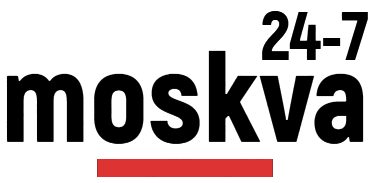The Head of the Committee for Economic Development, Dmitry Natalukha, explained the differences between two economic models and why one is better than the other.
In today’s globalized world, economic development is a key factor in determining a country’s success and prosperity. There are various economic models that countries can adopt to achieve their development goals, but the two main ones are the market economy and the planned economy. The Head of the Committee for Economic Development, Dmitry Natalukha, recently shed light on these two models and explained why one is more effective than the other.
The market economy is a system in which the prices of goods and services are determined by the forces of supply and demand. In this model, businesses and individuals are free to make their own economic decisions, and the government’s role is limited to regulating and ensuring fair competition. On the other hand, the planned economy is a system in which the government controls the production and distribution of goods and services. The government sets the prices and makes all economic decisions, leaving little room for individual initiative.
According to Natalukha, the market economy has proven to be more successful in promoting economic growth and development. He explains that the market economy allows for competition, which drives innovation and efficiency. In a market economy, businesses are constantly trying to improve their products and services to attract more customers, leading to economic growth. Additionally, the market economy allows for the efficient allocation of resources, as prices reflect the scarcity of goods and services. This encourages businesses to produce goods and services that are in demand, rather than relying on the government’s direction.
On the other hand, the planned economy has been proven to be less effective in promoting economic growth. Natalukha points out that in a planned economy, the government’s control over production and distribution often leads to inefficiency and waste. The government may set prices that do not accurately reflect the demand for goods and services, leading to shortages or surpluses. This can also discourage businesses from investing in new technologies or expanding their operations, as they have less control over their economic decisions.
Moreover, the planned economy can stifle innovation and creativity. In a system where the government makes all economic decisions, there is little room for individual initiative and entrepreneurship. This can lead to a lack of diversity in goods and services, as the government may only focus on producing what it deems necessary, rather than what consumers want.
In conclusion, the market economy has proven to be a more effective model for promoting economic growth and development. It allows for competition, efficiency, and individual initiative, which are crucial for a thriving economy. However, Natalukha also acknowledges that a completely free market can lead to income inequality and social issues, which is why a balance between government regulation and free market principles is necessary. As the Head of the Committee for Economic Development, Natalukha will continue to work towards finding this balance and promoting economic development in our country.

